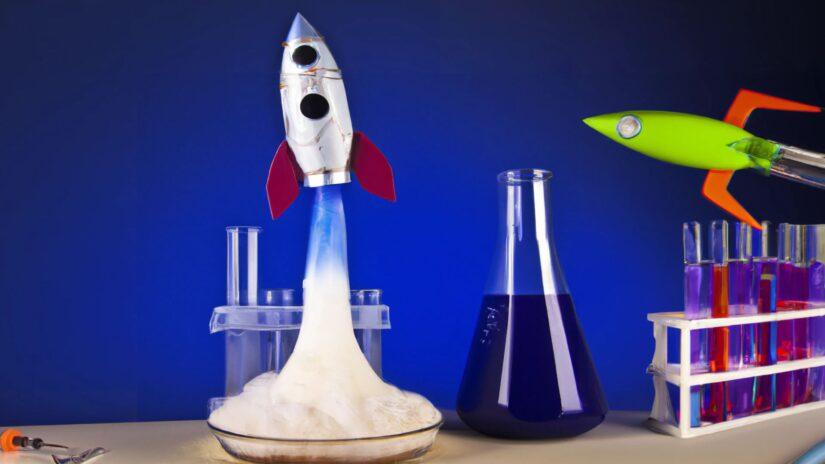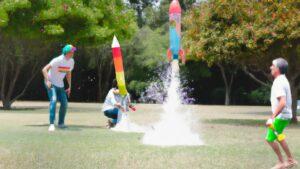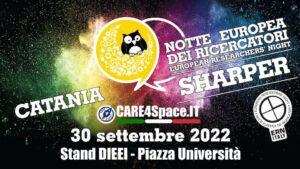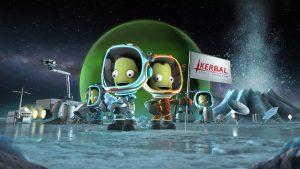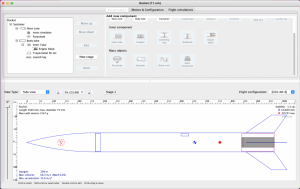🚀What is rocket candy and the importance of 🧪Chemistry in rocketry & STEM
Rocket candy is a type of homemade rocket propellant that is made from sugar and potassium nitrate. It is a solid fuel that is often used in small hobby rockets because it is relatively inexpensive and easy to make. To make rocket candy, sugar and potassium nitrate are heated together until they form a liquid, which is then poured into a mould and allowed to cool and solidify. When the rocket candy is burned, the heat from the burning sugar causes the potassium nitrate to decompose, releasing oxygen and forming potassium oxide, which drives the rocket forward. Rocket candy can be made in different proportions to achieve different burn rates and thrust levels, depending on the desired performance of the rocket.
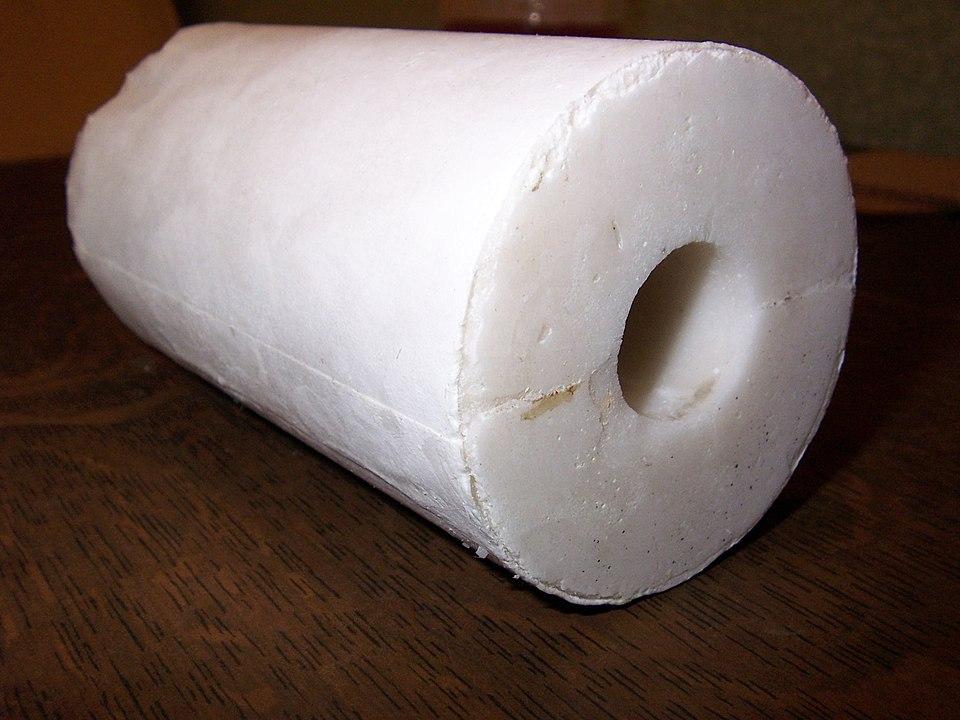
The simple act of making rocket candy can teach us about the principles of rocketry and the science of chemistry. When ignited, the rocket candy burns rapidly, releasing gases that create a powerful thrust that propels the rocket upwards. The chemical reactions that take place during the burning of rocket candy are similar to those that occur in the engines of real rockets. When the ingredients are mixed together, the sugar and potassium nitrate undergoes a chemical reaction that produces heat, light, and gases. The gases expand rapidly, exerting pressure on the inside of the rocket, and this pressure forces the rocket to move forward.
The science of chemistry allows us to understand and control these reactions, and to develop new fuels and materials that can improve the performance and safety of rocket systems. By studying the properties of different chemicals and how they interact with each other, chemists can develop new and more powerful fuels that can enable rockets to reach higher altitudes and travel further into space. In conclusion, the simple act of making rocket candy can teach us about the principles of rocketry and the role of chemistry in space exploration. By experimenting with different ingredients and observing the effects of their chemical reactions, we can learn more about the science behind rocket propulsion and the potential of chemistry to advance our understanding of the universe.

